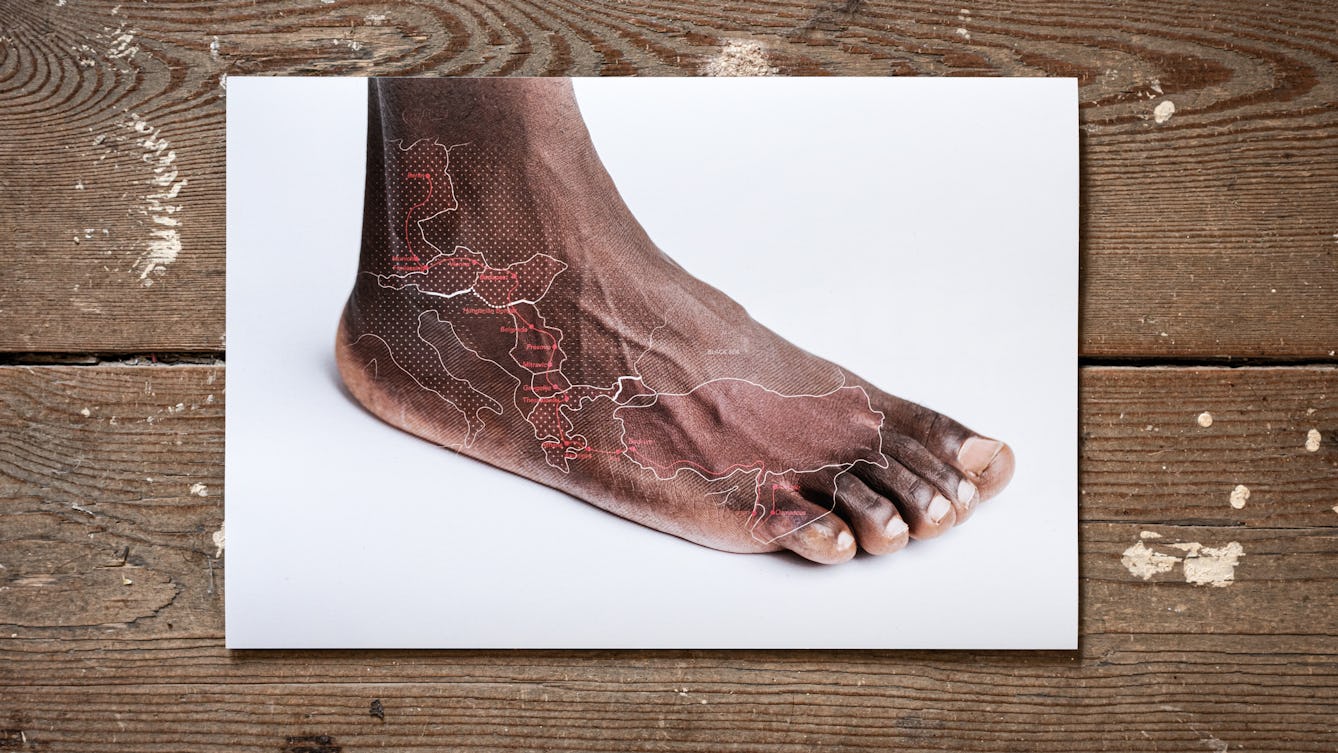
- Article
- Article
When wounds replace words
For the many thousands of refugees waiting in Greece, the process to establish the truth of their tragic personal histories is often extremely upsetting. But a group of medics and legal workers is working together to make the system more humane.
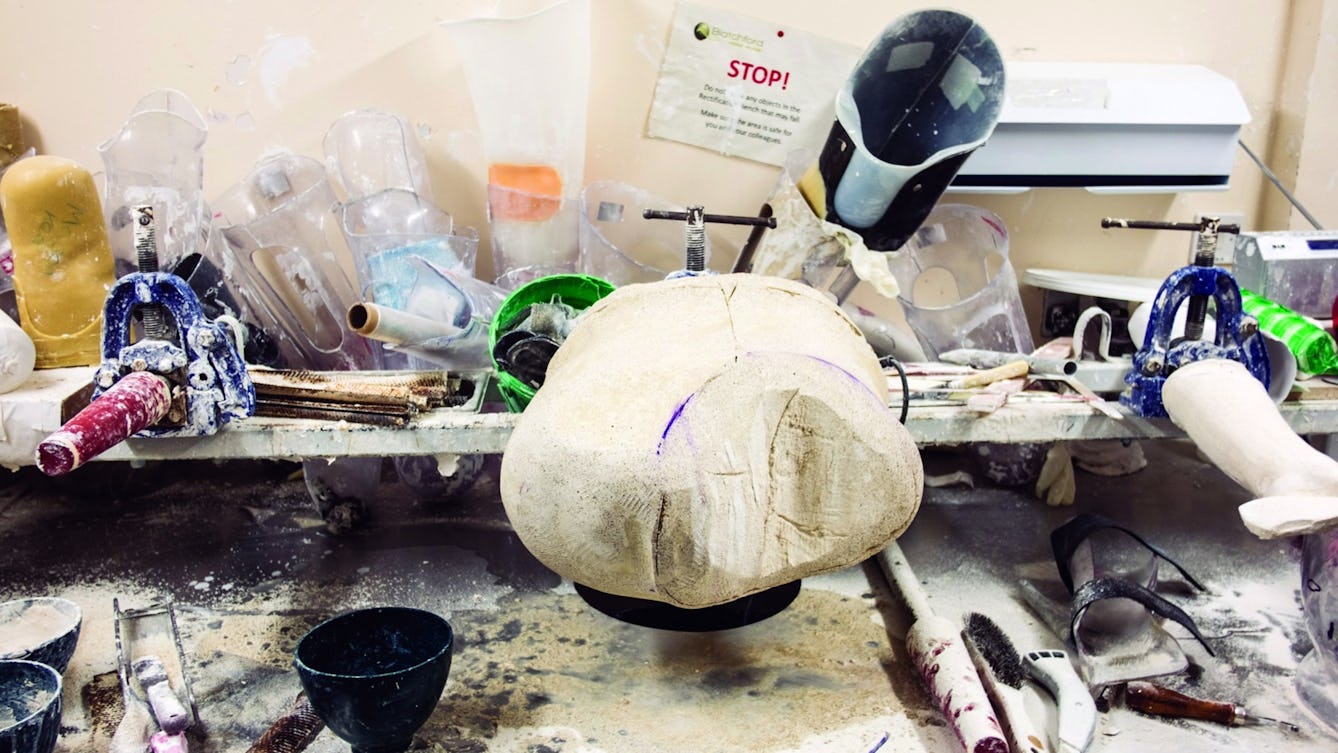
- Book extract
- Book extract
Sockets and stumps
Historian Emily Mayhew has met soldiers who have survived the seemingly unsurvivable. Here, she explores the part prosthetics play in the process of military rehabilitation.

- Article
- Article
Blood money: Taking periods out of poverty
Periods are not a wound that needs to heal, nor is the blood a sign of injury. So why are we still so repelled by them?

- Article
- Article
Duelling doctors
An enduring enthusiasm for 18th-century gentlemen to defend their ‘honour’ by duelling placed doctors in a delicate position. Specially when they faced being shot themselves.
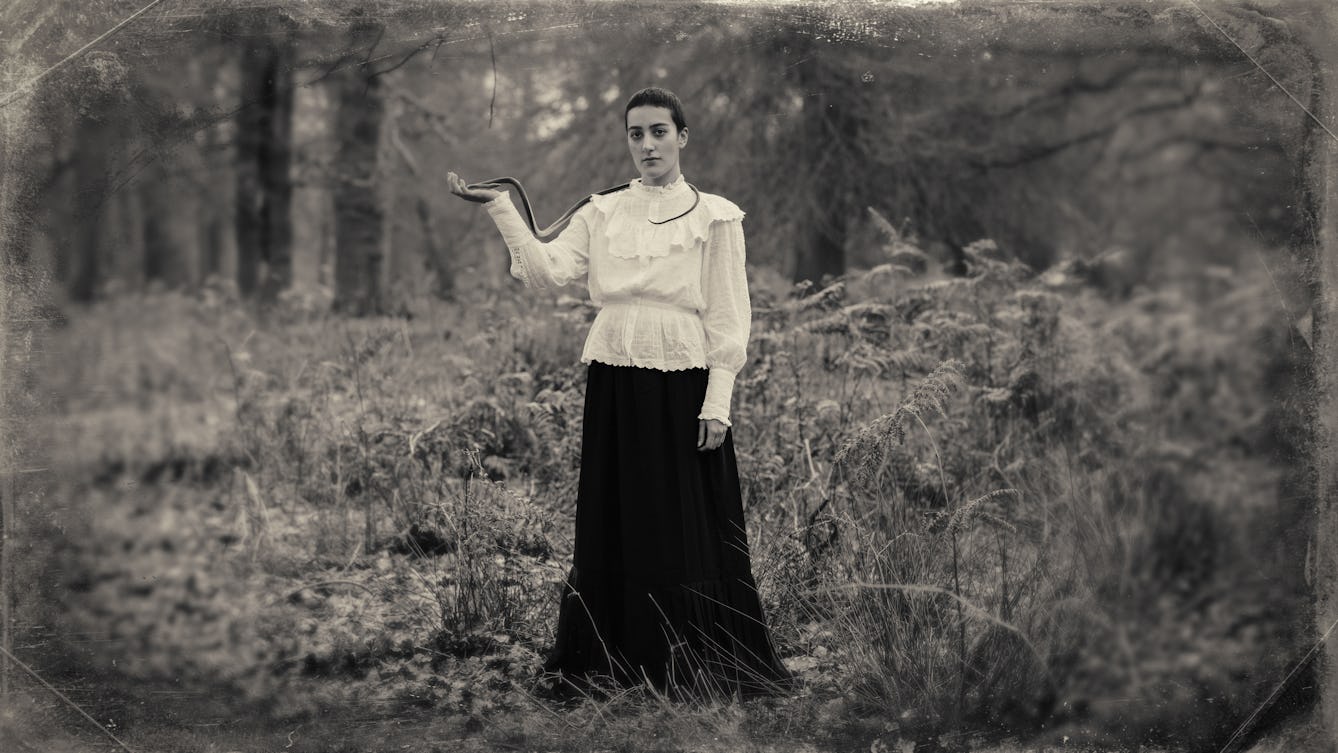
- Article
- Article
The extraordinary body of Evatima Tardo
Darling of 19th-century American freak shows, Evatima Tardo remained serene as she withstood crucifixion and the bites of poisonous snakes. But she took the secret behind her abilities to her grave.

- Article
- Article
The meanings of hurt
In the early modern period, gruesome incidents of self-castration and other types of self-injury garnished the literature of the time. Alanna Skuse explores the messages these wounds conveyed.

- Article
- Article
Deadly doses and the hardest of hard drugs
The invention of the modern hypodermic syringe meant we could get high – or accidentally die – faster than before. Find out how this medical breakthrough was adapted for deadly uses.
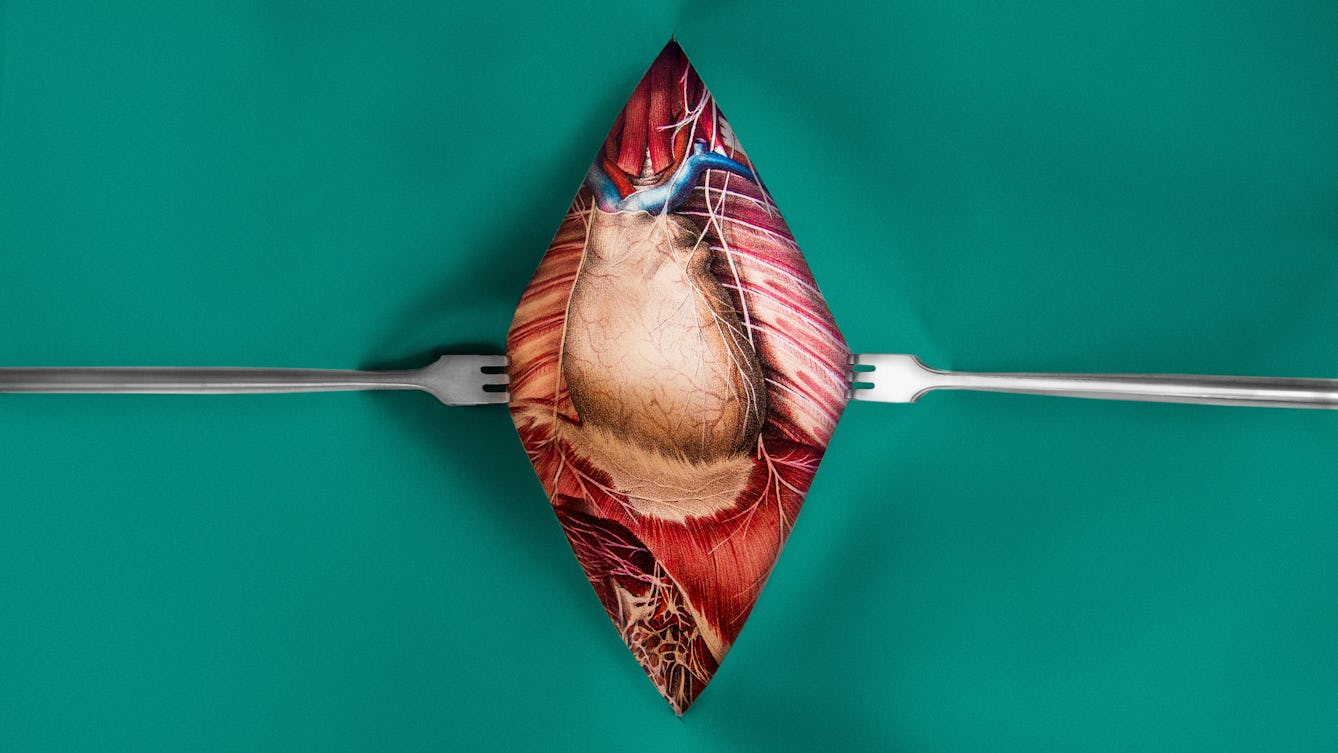
- Article
- Article
The problem of the punctured heart
During World War II a young American surgeon working in England perfected shrapnel-removal techniques that saved dozens of lives. Discover how one case sealed his reputation as the founder of cardiac surgery.
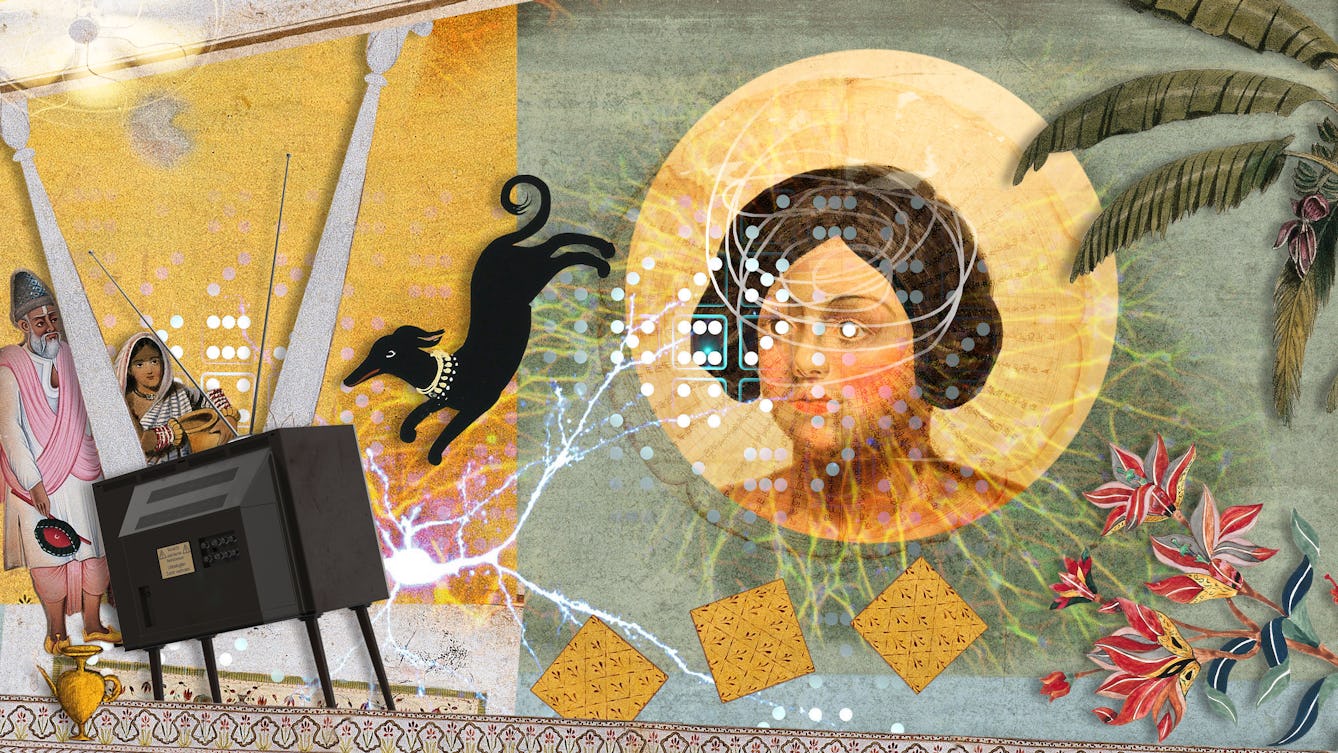
- Article
- Article
The first seizure
Historian Aparna Nair had her first seizure when she was 11. Here she recalls that first time, and how other people’s reactions are sometimes the most disturbing part about having a seizure.
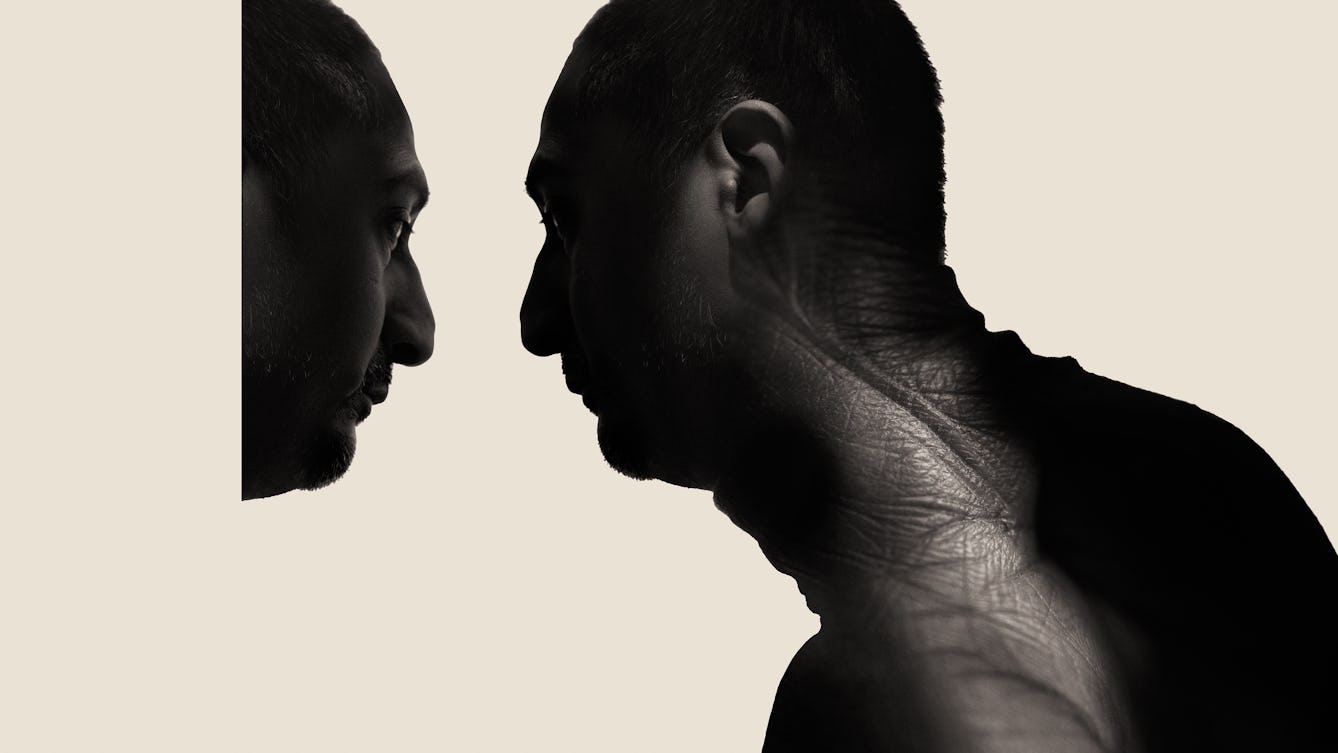
- Article
- Article
Written on my body
Scars mean David Jesudason has never enjoyed seeing his reflection. Recounting the stories behind the marks on his face and body, he finds the only one that symbolises hope and happiness.

- Article
- Article
How can I stop fainting?
Fed up with the faints that bolstered her fragile young snowflake image, Gwen Smith sought expert medical help to keep her upright in trying situations.